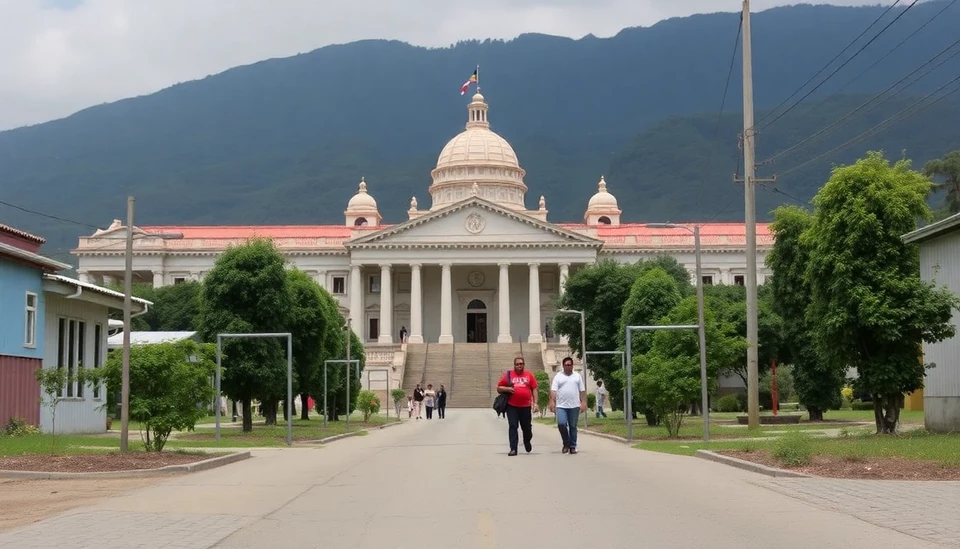
In a proactive move, the Guatemalan government announced plans to significantly increase its spending as it braces for a surge in deportations driven by former President Donald Trump's recent immigration policy changes. Amid growing concerns about the implications of heightened deportation activities, Guatemalan officials are prioritizing budget allocations to better manage the expected influx of returnees.
The spike in deportations stems from Trump's stance, which includes stringent immigration enforcement measures. The policies implemented during and after his administration have led to an uptick in the number of Guatemalan nationals being returned from the United States. In preparation for these changes, Guatemalan President Alejandro Giammattei emphasized the need for enhanced support systems to integrate returnees successfully into local communities. This effort is crucial as many deportees face challenges finding employment and reintegrating into society after their return.
To effectively manage the situation, the government plans to funnel resources into essential areas such as housing, job training programs, and social services. The allocation of these funds aims to create a more robust framework for assisting citizens who are coming back after having lived abroad, often in challenging circumstances. Additionally, it is hoped that these investments will not only mitigate the challenges posed by the influx of returnees but will also foster greater stability within the region.
Furthermore, this new budgetary commitment is viewed as a strategic response to the complicated dynamics surrounding migration and human rights. While the Guatemalan government works to resolve issues domestically, there are also ongoing dialogues with U.S. officials aimed at addressing the broader issues linked to migration flows from Central America. The U.S. has been urged to not only focus on enforcement mechanisms but also to support developmental initiatives in Guatemala that could alleviate the factors driving people to flee their homes in the first place, such as poverty and lack of opportunity.
As the Guatemalan government prepares for the expected wave of deportees, there are increasing calls for collaboration among both local and international stakeholders. Advocates for human rights are emphasizing the importance of treating returnees with dignity and providing them with the resources they need to rebuild their lives. The planning initiatives that the government is currently working on aim to bridge the gap for those who find themselves returning unexpectedly and to establish a support network that can ease their transition back into society.
In conclusion, Guatemala's commitment to ramping up its spending in response to the anticipated deportations reflects a broader understanding of the complexities related to migration. The measures being put in place are crucial not only for supporting returning nationals but also for addressing the underlying challenges faced by communities in Guatemala. This proactive approach appears to mark a significant shift towards more comprehensive immigration management, positioning the country to better respond to the repercussions of policies initiated across its northern border.
#Guatemala #Deportation #TrumpPolicy #Migration #HumanRights #GovernmentSpending #SocialServices #UScollaboration #JobTraining #CommunitySupport
Author: Daniel Foster




